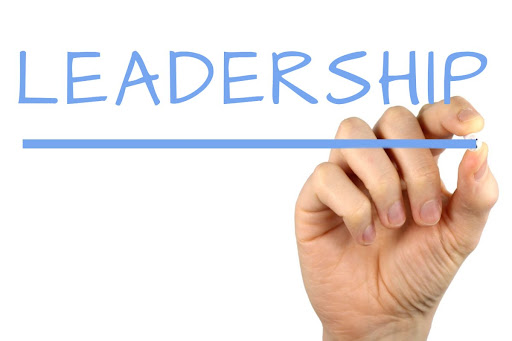Changing careers, especially later in life, can be a scary task. But with the right approach and planning, it can be a rewarding life experience. Here are some steps to take to successfully change careers painlessly.
Assess Your Skills and Interests
Start by evaluating your current skills and interests and compare them to the skills and requirements of your desired career. Identify the skills you already possess that are transferable to your new career, and those that you need to develop
Research
Research your desired career field thoroughly. Look for job descriptions, required skills, and qualifications for the position. This will help you identify any new skills you need to develop. You will also get an idea of what you can expect from your new job, like salary, promotions, and other opportunities.
Develop a Plan
Once you have identified your skills and researched your desired career field, develop a plan for achieving your career transition. This may include taking courses or networking with people in your desired industry. Gaining experience through internships or volunteer work is also an easy way to build skills in your new job.
Update Your Resume
Update your resume and LinkedIn profile to highlight your transferable skills and experience. This will be relevant to your desired career, networking, and learning more about your new industry. Tailor your resume to highlight the skills and experience that are most relevant to the new job.
Be sure to link up projects or intern work related to your new career on LinkedIn. The more engagement you have on the website, the more relevant your profile will be to employers.
Network
Networking is critical when transitioning to a new career. Attend industry events, join professional organizations, and connect with people in your desired industry on LinkedIn. This can help you gain insight into the career and may lead to job offers. The more you put yourself out there, the more people and potential companies will see your value and skills.
Be Patient and Persistent
Career transitions take time and effort. Be patient with the process, and continue to work towards your goals. Don’t be afraid to take on part-time work or freelancing in the meantime to gain experience and build your network.
Changing from one career to another can be a challenging process, but by following these steps, you can successfully make the transition. Remember to be patient, persistent, and open to learning new skills.
Gaining new experiences with the right approach, and a career transition can lead to a more fulfilling and rewarding career. It worked for me and it can work for you too!
Follow KathyHusserTempe.com for more career tips.



